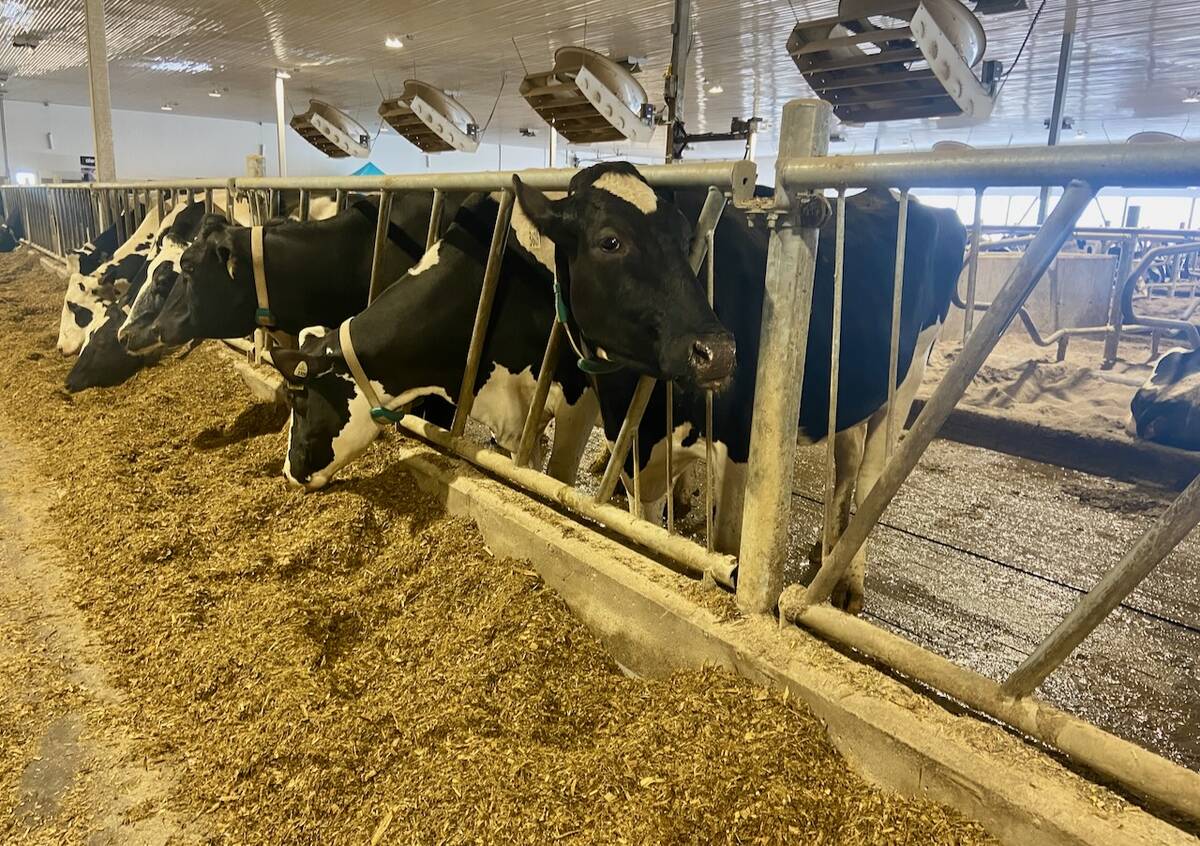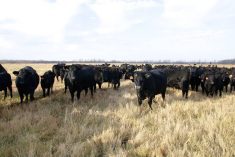Agriculture’s cyclical nature and low rate of return often deters potential investors in the value-added sector.
“In terms of raising capital, the industry just isn’t that sexy,” said Robert Doran of Meyers Norris Penny.
Doran, director of the accounting firm’s business valuations division, said agribusinesses usually have a lot of money tied up in assets but are slow to generate returns for investors.
“Unless you work within the industry, people who aren’t familiar with the ag industry just don’t have an appetite for it,” he said at a recent workshop about seeking financing for value-added businesses.
Read Also

U.S. farm group supports supply management
U.S. grassroots farm advocacy group pushing new agriculture legislation that would move towards supply management like Canada has for dairy industry
The Alberta government has set a goal of $20 billion worth of value-added processing in the province by 2010, but financing is expected to be a big stumbling block.
Proposals that involve advanced technology carry a high level of risk. Traditional lenders such as banks tend to shy away, but venture capitalists are willing to take a chance in hope of receiving a large payoff later.
There is no single answer when it comes to raising money, and entrepreneurs make many mistakes.
The need for cash is intense. Many entrepreneurs are shocked when they realize how much money is required.
“For every dollar that you invest, you had better earn a return on that dollar of invested capital that exceeds what it costs you,” said Robert Ironside, chief executive officer of Learning Dividends Inc. of Calgary.
“If your cost of capital is 15 percent, you had better earn more than 15 percent on the assets you acquire or you will destroy shareholder value.”
It becomes harder to sell new equity if shares are devalued. Disappointed customers also drive away investors.
New ventures are risky and studies show it takes 30 months or more before they reach the break-even point. It may take 75 months to make a return on investors’ equity.
Even if the business succeeds, it takes time to collect on receivables and still meet commitments.
More financing will be needed if it takes longer than expected to reach the break-even point.
“Always look for money when you don’t need it,” Ironside said.
“When you really need it, you find that you have very little bargaining power.”
There are various types of financing available at different stages of a business’s development.
Love money
Family and friends may provide cash at reasonable rates and generous terms. However, it can lead to stress and family feuds.
Debt financing
Banks, credit unions, life insurance companies and foreign banks offer loans. They do not dilute ownership, but they exert pressure to ensure regular payments. Total debt should not exceed three times the company’s equity value.
Lenders expect borrowers to have evaluated the most difficult situations as well as the potential profit and success.
“You have to factor in the worst-case scenario,” said Bill Rogers of the Commercial Capital Corp. in Toronto.
Canadian banks tend to be conservative and expect borrowers to put up personal guarantees.
Banks often fail to counsel people about making money available to pay their bills and get through the low points as a business builds.
Rogers advised lenders to understand the agreements they sign with banks.
Check borrowing rates and learn about banking fees.
“More and more banks are recovering and adding to their bottom line by charging fees,” said George Jones of RavenGreen Capital Corp.
“Fees are not usually something you find in private funding.”
His company assists clients in developing business plans and financing proposals.
Various types of small business loans are available. These often carry limits on personal guarantees of 25 percent and may offer up to $250,000.
The U.S. bond market is another form of debt financing. It is longer-term cash with fixed interest.
Factoring
A factor takes over accounts receivable for a fee. The business does not have to chase down receivables and gets much-needed cash sooner.
“Factoring is by far the fastest way to inject cash into your business,” Jones said.
Cash starts to flow 48 hours after the customer invoice is submitted.
This eliminates hiring a credit department or carrying accounts receivable for a long time.
“Factoring is not a loan, so it does not appear as a debt on your balance sheet,” he said.
Credit cards are a form of factoring. A business pays the credit card company a fee, cash is received immediately and the card company collects the money from the consumer.
Venture capital
Most venture capitalists are not interested in investing until the business is larger and requires at least $1 million. It is important to learn each investor’s specialty.
Private
Private capital investors, either organizations or individuals, can offer large sources of money.
“They are in the business of taking risk,” Jones said.
They are regulated by the marketplace and understand the business they are in. They tend to be more patient than banks.
Angels
An angel is often a private investor with cash who wants to boost new businesses with start-up funds.
Equity
Equity investors provide financing in return for a part ownership and a piece of the profits. They might not want to be active in the business but expect to be informed.
They may want representation on the board. Most equity investors take preferred shares and get warrants that enable them to buy common stock. They also want an early return.
Leasing
A company can sell its equipment to a leasing company and then rent it back. It gets cash and has less worry about depreciating equipment.















